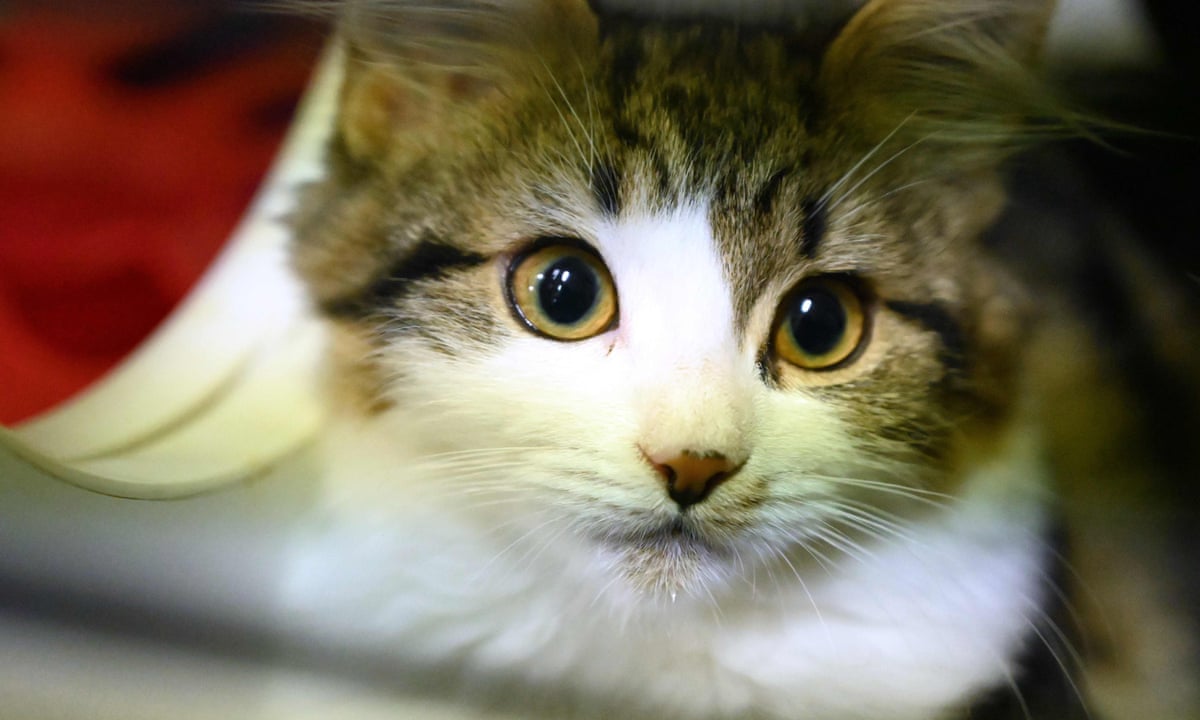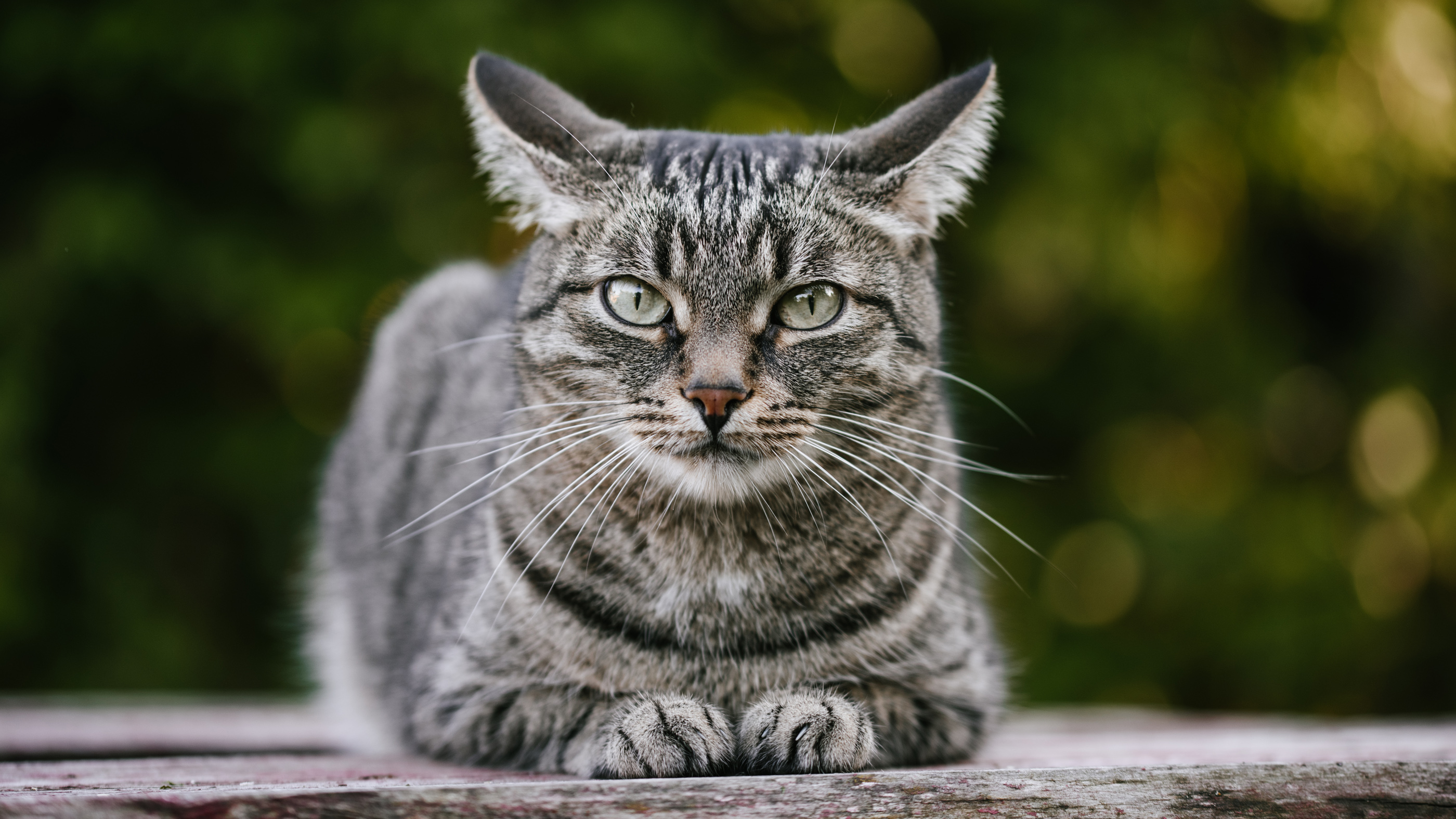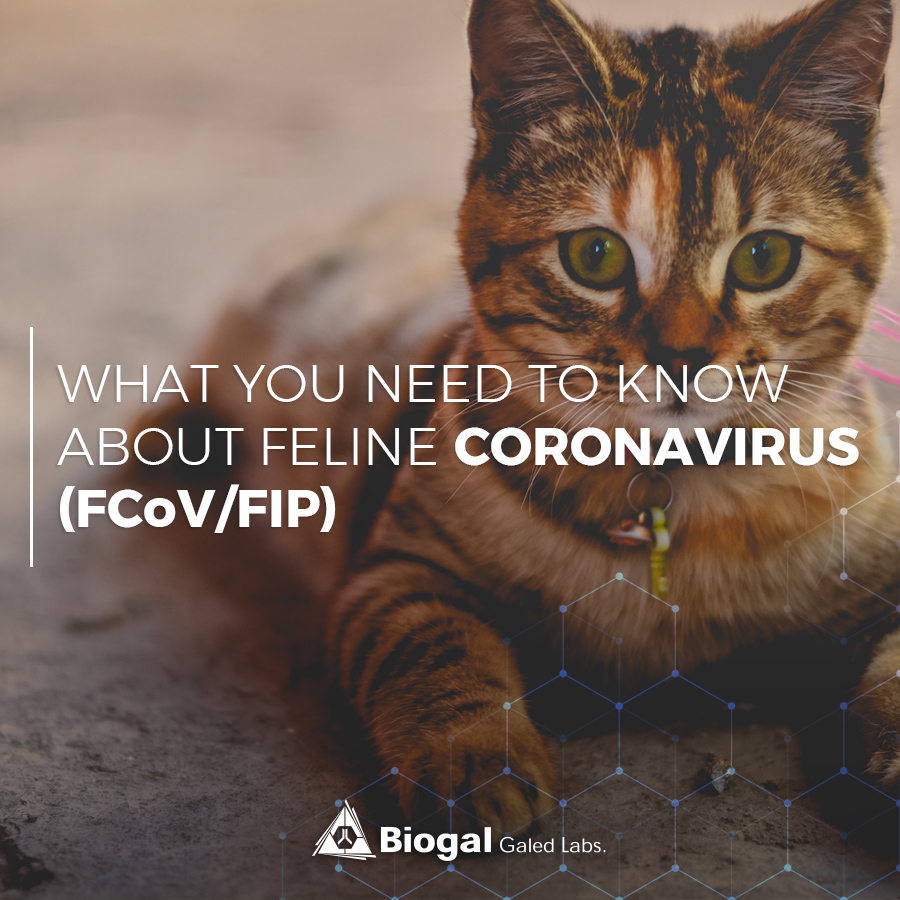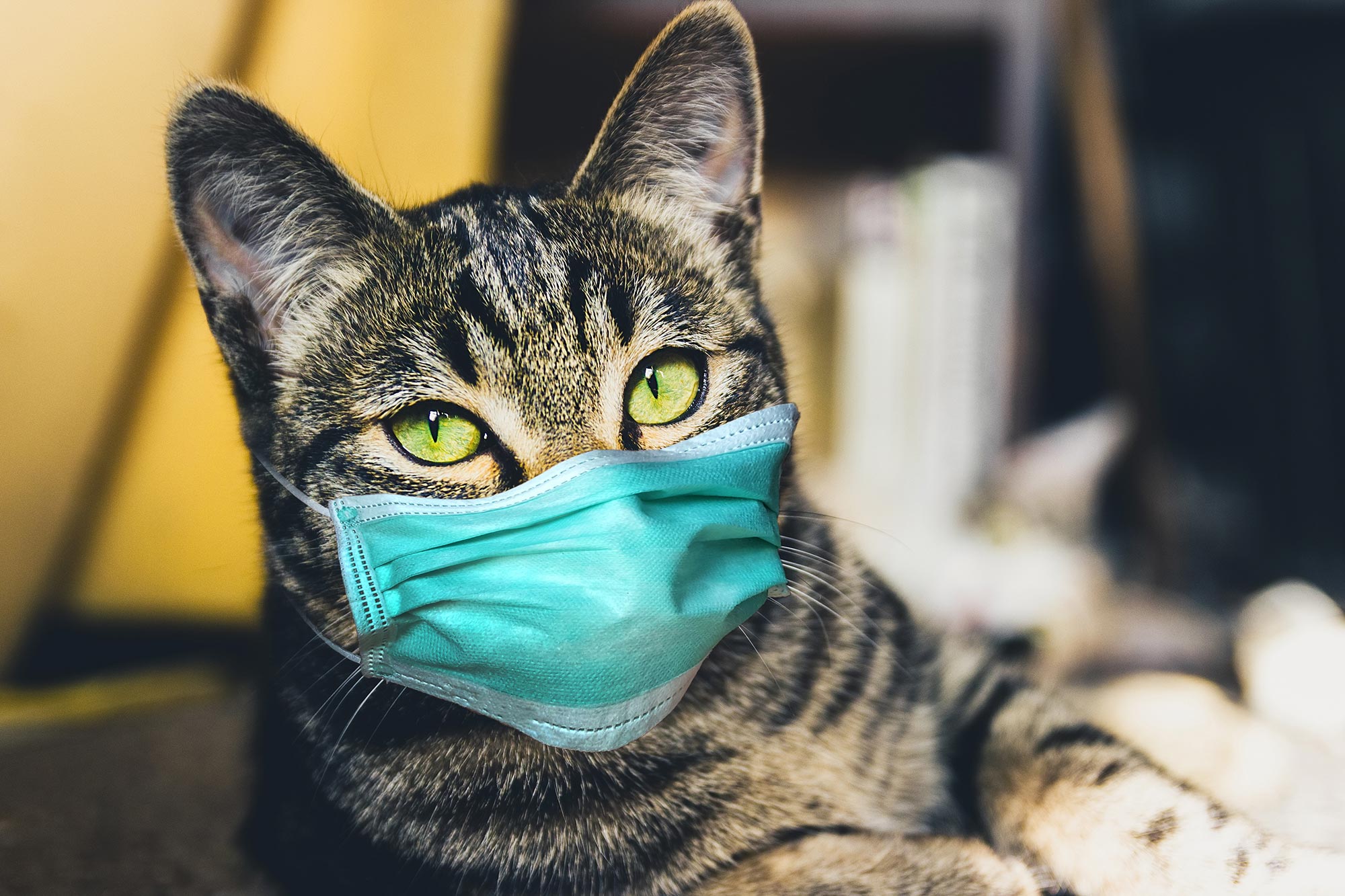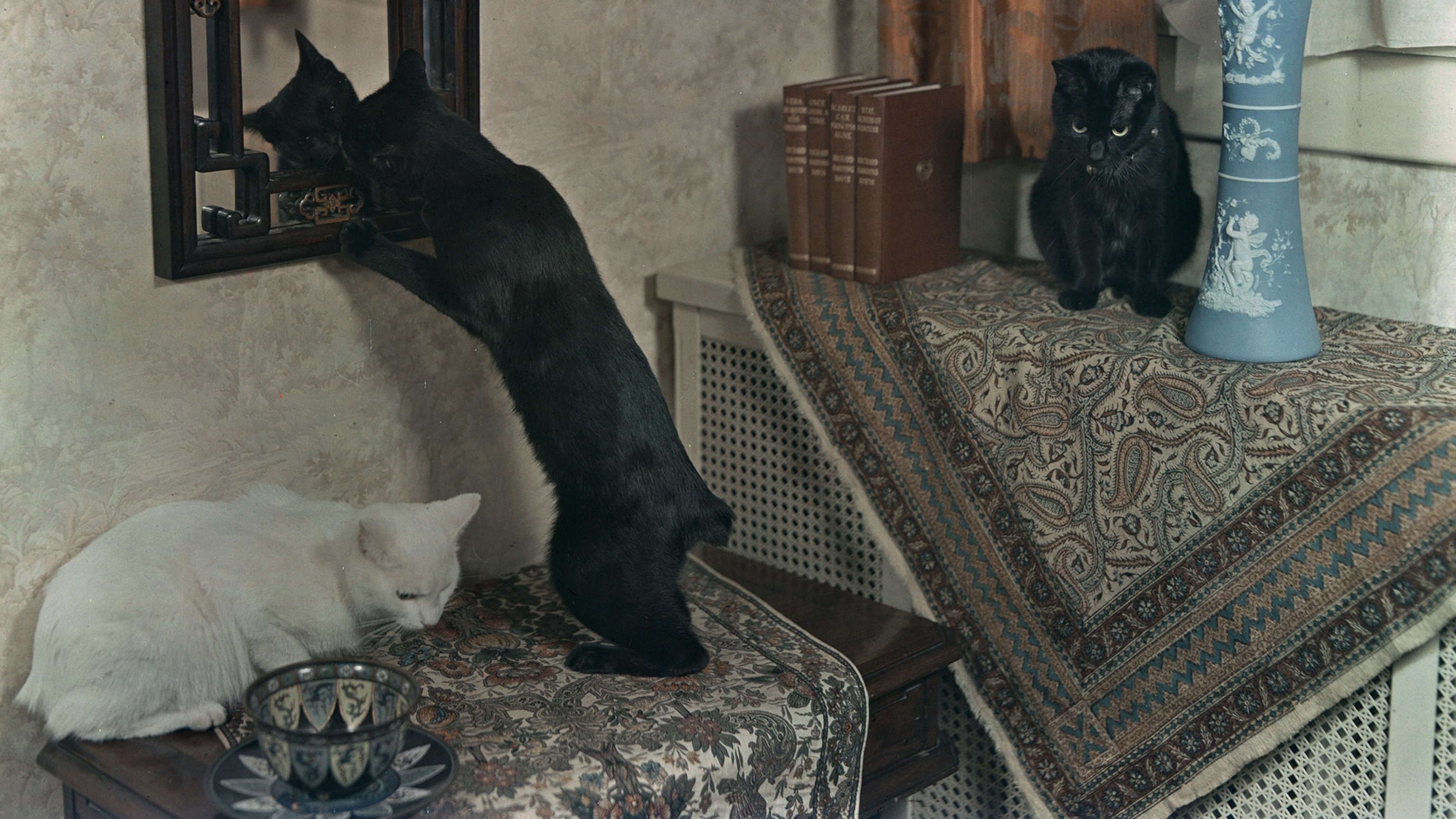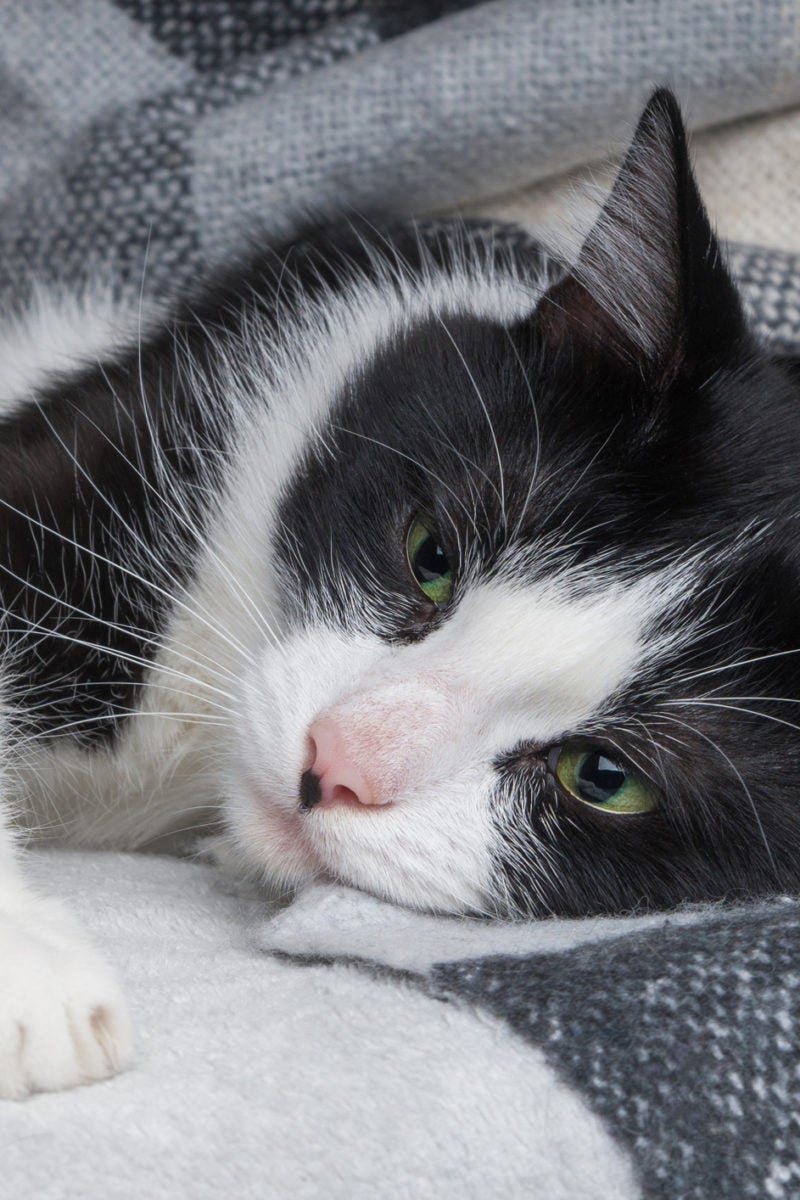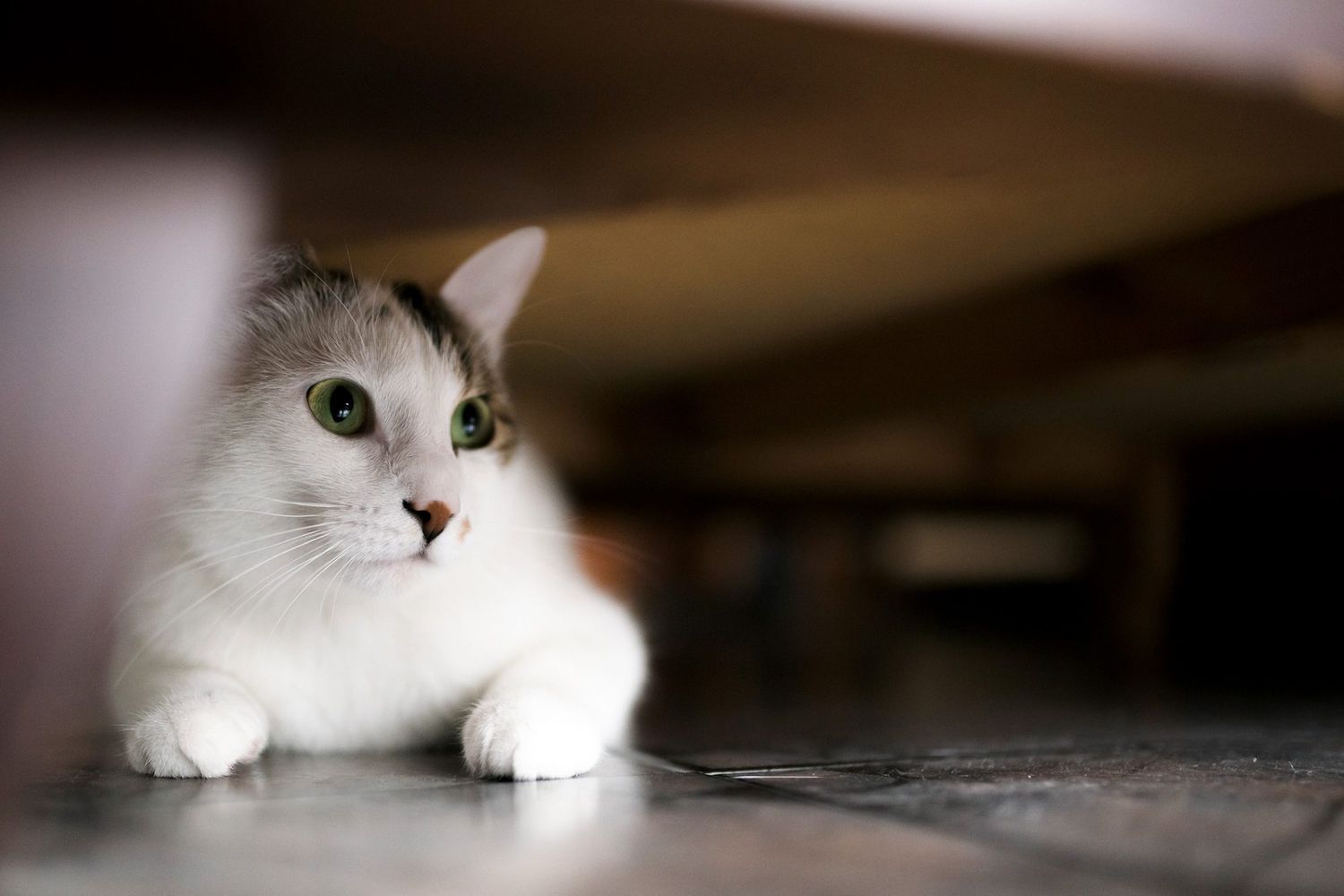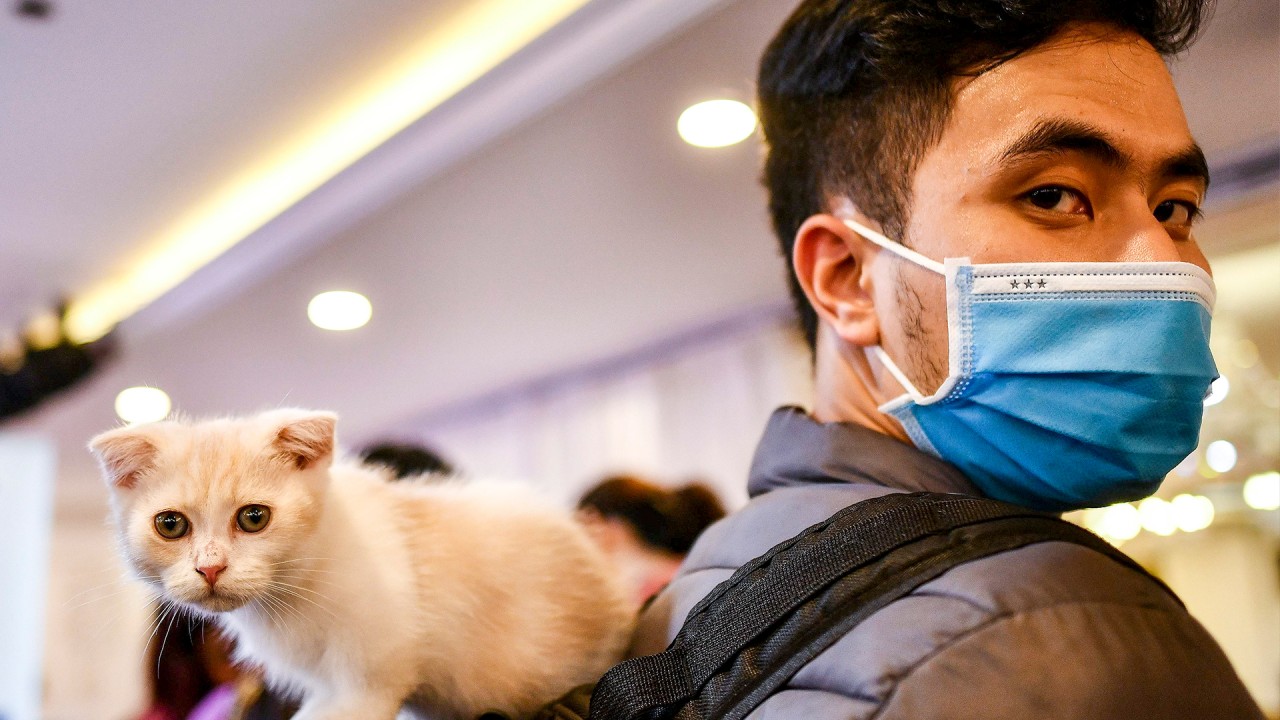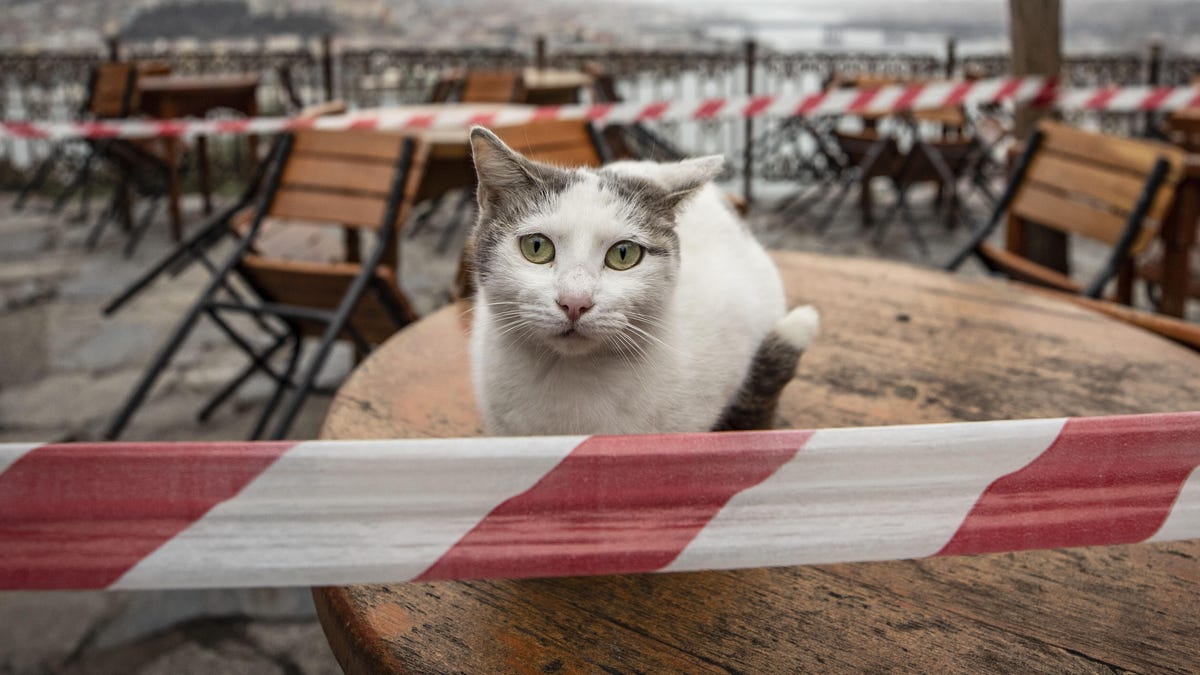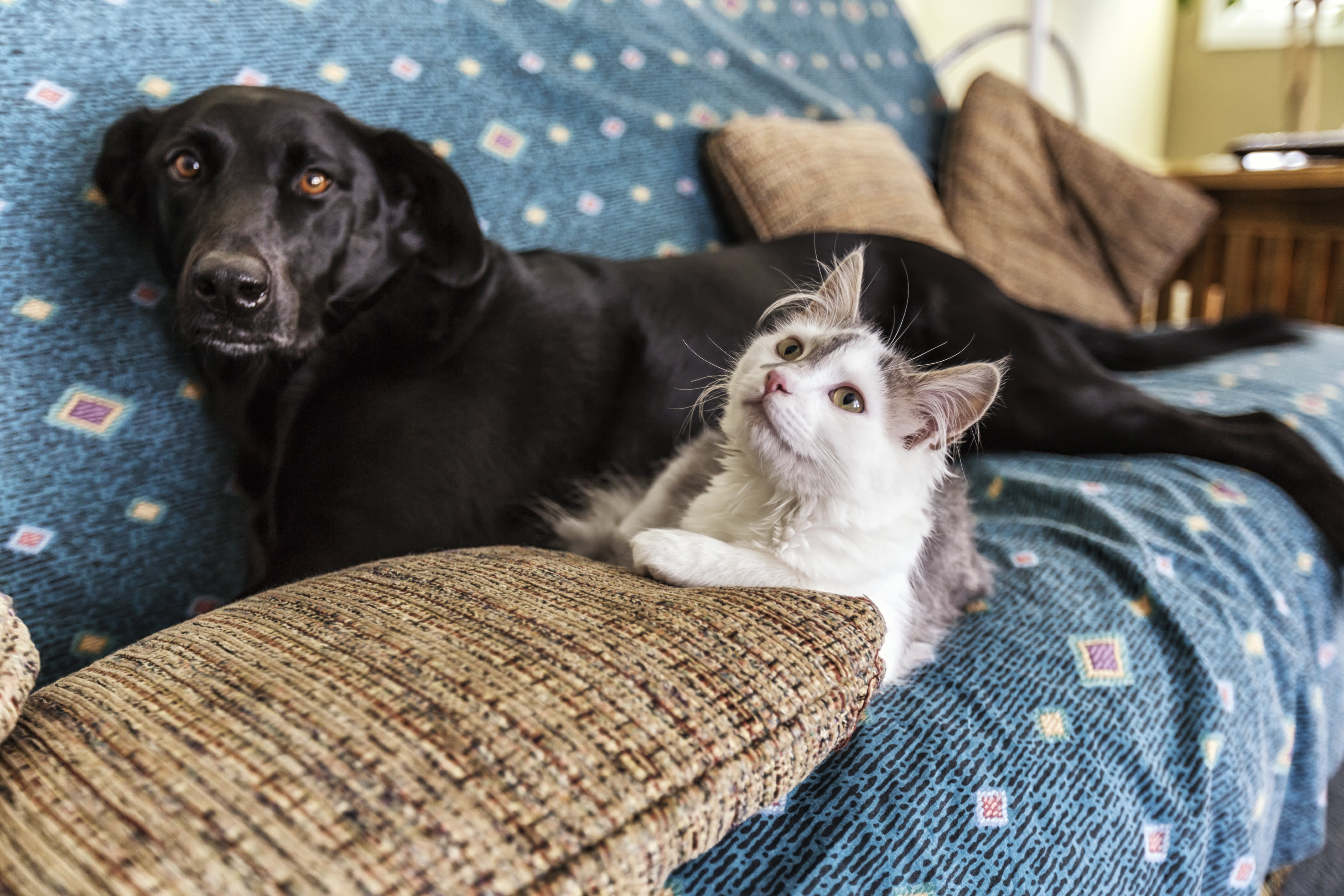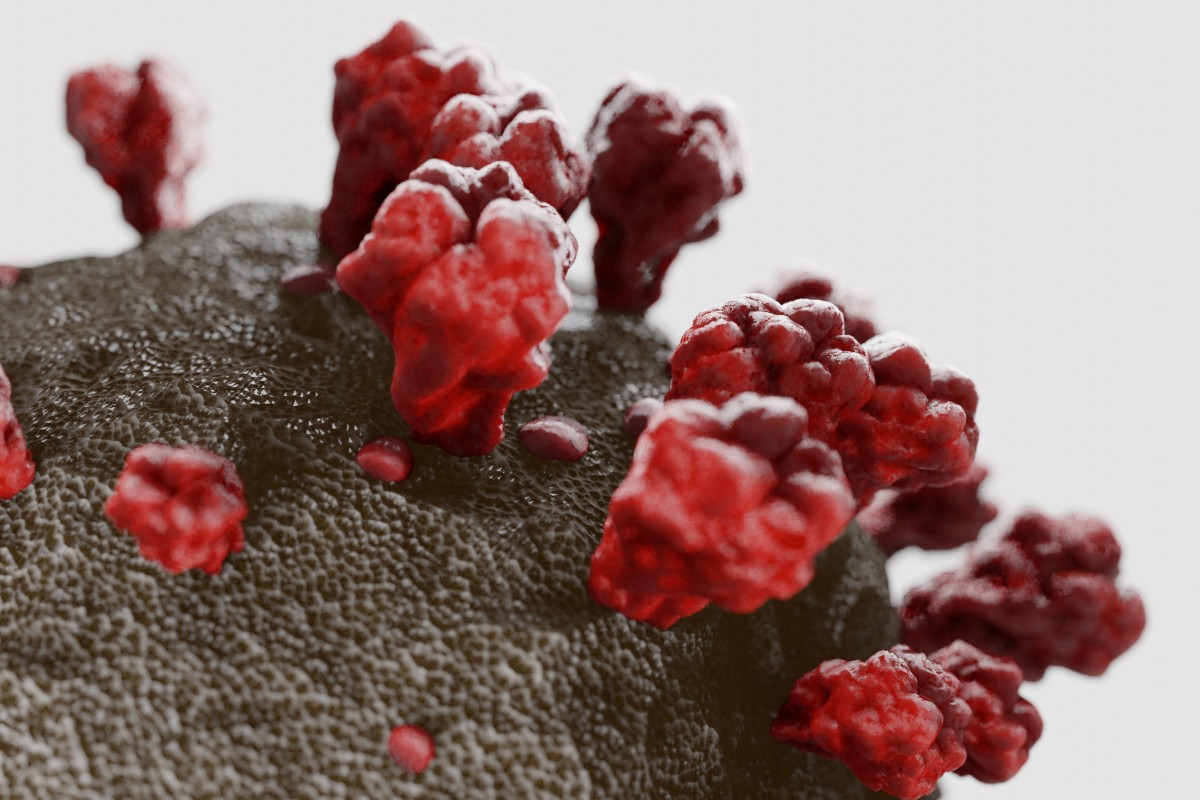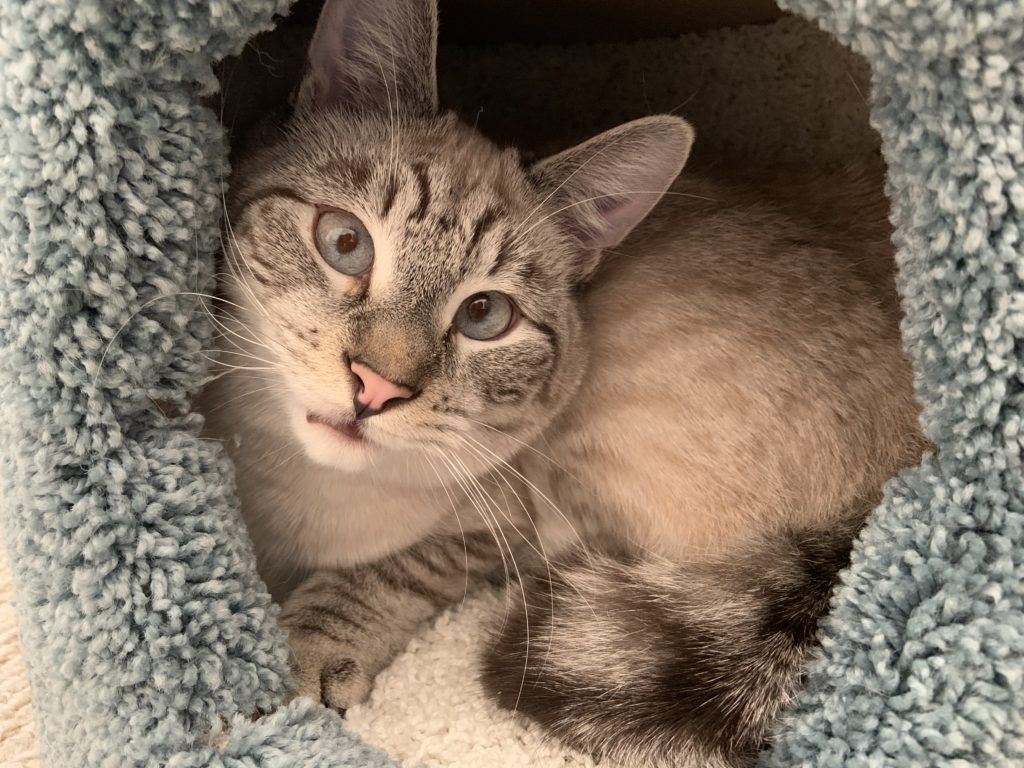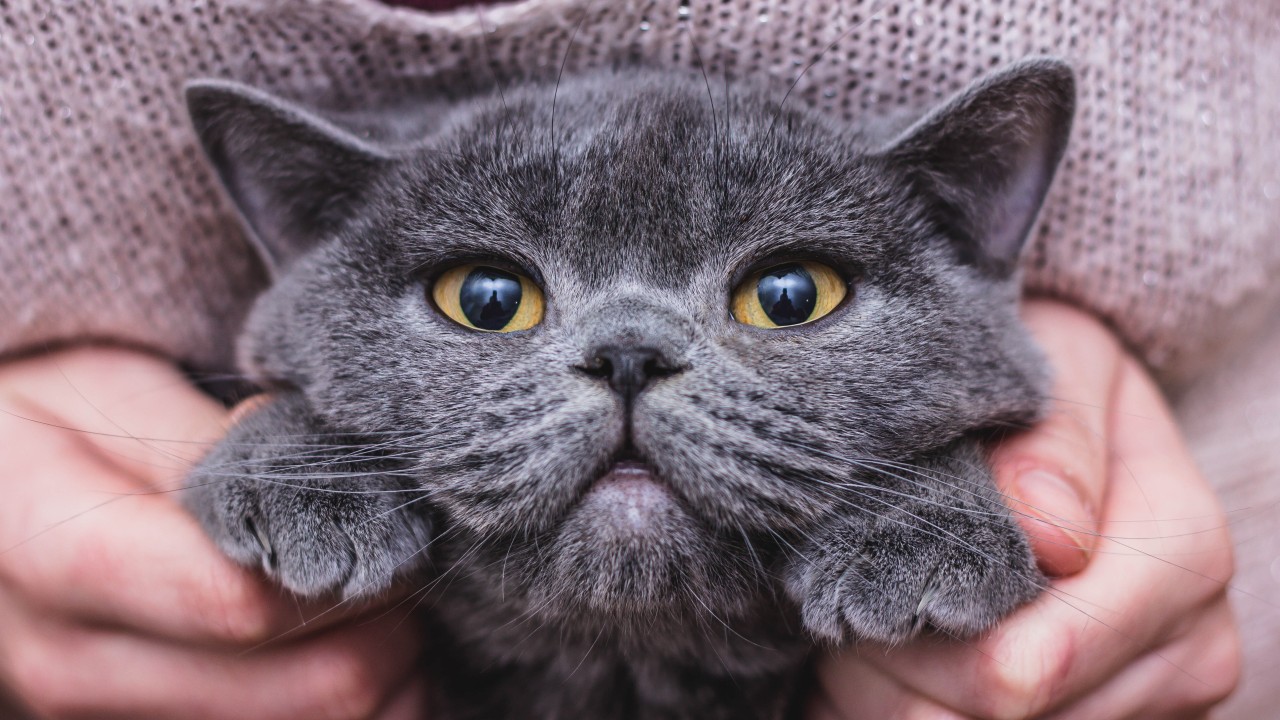Domestic Cat Coronavirus Symptoms
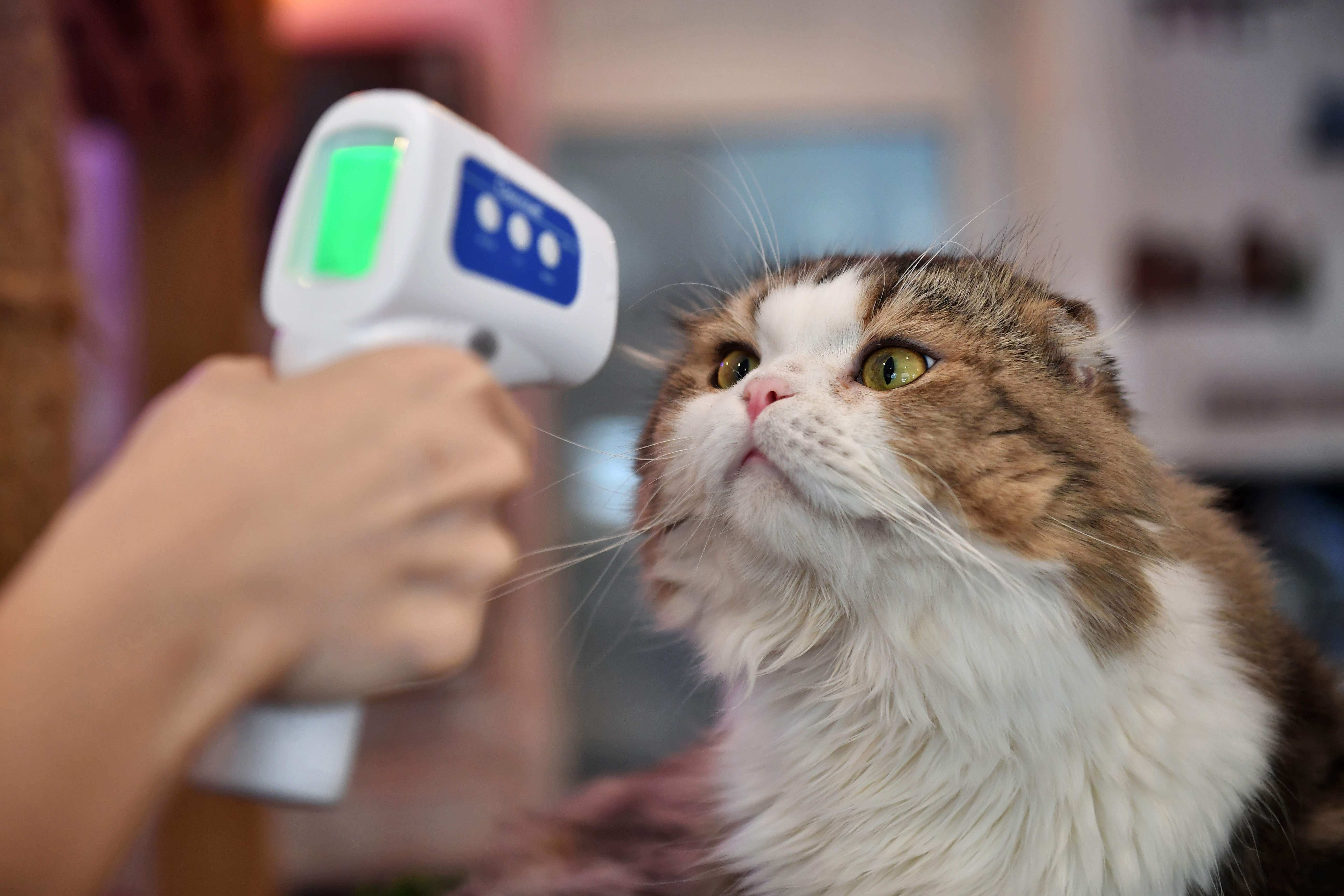
Although the cat had been experiencing mild symptoms including runny eyes and a snotty nose these signs were consistent with feline herpesvirus infection for which this cat also tested positive.
Domestic cat coronavirus symptoms. The cat showed symptoms of diarrhoea vomiting and coughing. The animal displayed anorexia vomiting diarrhoea breathing difficulties and cough but its symptoms started improving on their own nine days after the onset of the disease. The severity of disease caused SARS-CoV-2 infection in cats is unclear.
If possible keep your cat indoors if they are happy to be kept indoors. Cats can be infected with the coronavirus that causes COVID-19. What effect does COVID-19 have on cats.
Coronaviruses are a large family of viruses. Their 7-year old female domestic shorthair cat was examined by a veterinarian at admission on day 1 March 30 and reported to be clinically. Feline infectious peritonitis FIP is a viral disease caused by a feline coronavirus that affects wild and domestic cats.
This type of coronavirus is different from the coronavirus that causes COVID-19 in people. Two cases of human-to-cat transmission are identified as part of a screening programme of the UKs feline population. However if your cat is experiencing respiratory issues its highly likely these signs are due to one of the other primary reasons before COVID-19 that cats can develop respiratory system issues.
Diarrhea vomiting and respiratory issues Steven Van. The cat had symptoms including difficulty breathing vomiting and diarrhea after its owner tested. But cat owners should not be alarmed just.
None of them died. It generally causes asymptomatic infection but can cause mild diarrhea. Fever- A normal temperature for your cat falls between 995-1025 Fahrenheit.


